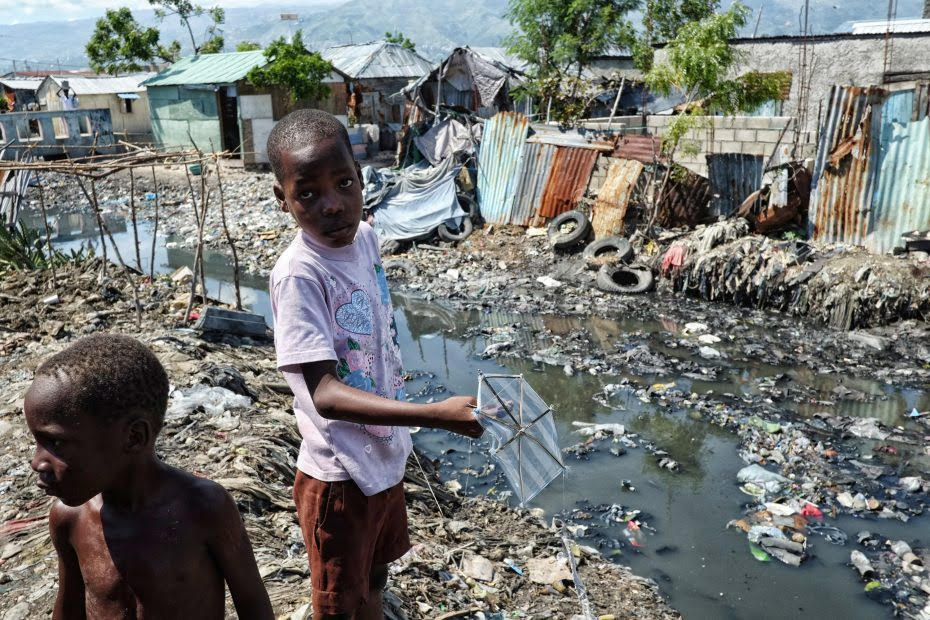It is without a doubt that the South African health system is very poor. The state of the healthcare system today has many similarities to the system around 1980 according to the book Apartheid Health and Services by Cedric de Beer. People who are sick get turned away from clinics and even public hospitals, daily either due to shortages of medication or the lack of space to accommodate them at the clinic, or a lack of staff to assist them.
The working class is vulnerable to a lot of diseases that cause other complications and at times restrict them from being able to work. Some of the common diseases are caused by poor living conditions such as lack of clean water, lack of sanitation and hygiene, poor nutrition, and poor housing. The living conditions also make it easy for some of these diseases to spread to other people in the same environment. The members of the working class hardly earn enough to sustain themselves for a long time which restricts them from being able to access private healthcare that has better facilities and resources to treat these diseases.
The following are some of the diseases that affect the working class and the kind of environment that favours them: Tuberculosis attacks the body and makes it weak. A dusty environment helps this disease thrive as it weakens the lungs. When infected with diabetes, the human body needs insulin which is a hormone that allows you to use glucose as energy. This glucose is food in carbohydrates and if the insulin produced in the body is not enough or not useful then the person suffers from diabetes. The affected person will then need to artificially inject insulin into their body. Cholera is a disease caused by a type of bacteria found in unclean water. A person affected by Cholera has watery diarrhoea, and muscle cramps, and vomits during that period of suffering.
There are basic ways the working class can use to prevent some of these diseases or reduce the effect of diseases that cannot be treated. Boiling water before drinking to kill germs in dirty water is very effective. Creasy food should be replaced with more greens and fruit, and we should eat breakfast as it is the most important meal of the day. Exercise helps to keep the body healthy. Many prefer over-the-counter medication as it doesn’t need a lot of commitment like exercises or boiling water every time however some diseases like diabetes need proper care as it leads to more complications.
Lebohang Linah Moshupha (16) speaks of her experience of the health sector, she is a science student who was fascinated by the need to help people and has since eyed the health sector although she has a strong passion for art too. Lebohang feels that if she does end up working in the health sector she would prefer to work in the private sector as she feels that workers in the public sector don’t respect patients and they don’t do their jobs properly or accordingly. She also fears that the public sector doesn’t have resources to sustain them for the coming years as resources are misused.
Kotlwano Moleka (25) who suffered from depression and anxiety a few years back also shares his experience of the public health system. Moleka tried on several occasions to unalive himself which landed him in hospital. Kotlwano says his parents asked him on several occasions if he had a venereal disease that he felt ashamed to talk about and they would take him to the hospital to get him checked. The experience was always dreadful as they would wait in the queue in casualty unless of course if they took him there when he was unconscious from an overdose but otherwise the line was always very long.
“ I don’t like this because my mother would use this chance to make friends on the line about my condition, since she believed I had an STI she asked for advice from different people on the line on how she can deal with the issue.” Mr Moleka has since then always hated hospitals as it was a place where a lot of people seemed to go for help but end up not getting any help.
This article was submitted on 06 April 2023. You may republish this article, so long as you credit the authors and Karibu! Online (www.Karibu.org.za), and do not change the text. Please include a link back to the original article.


 Download PDF
Download PDF
